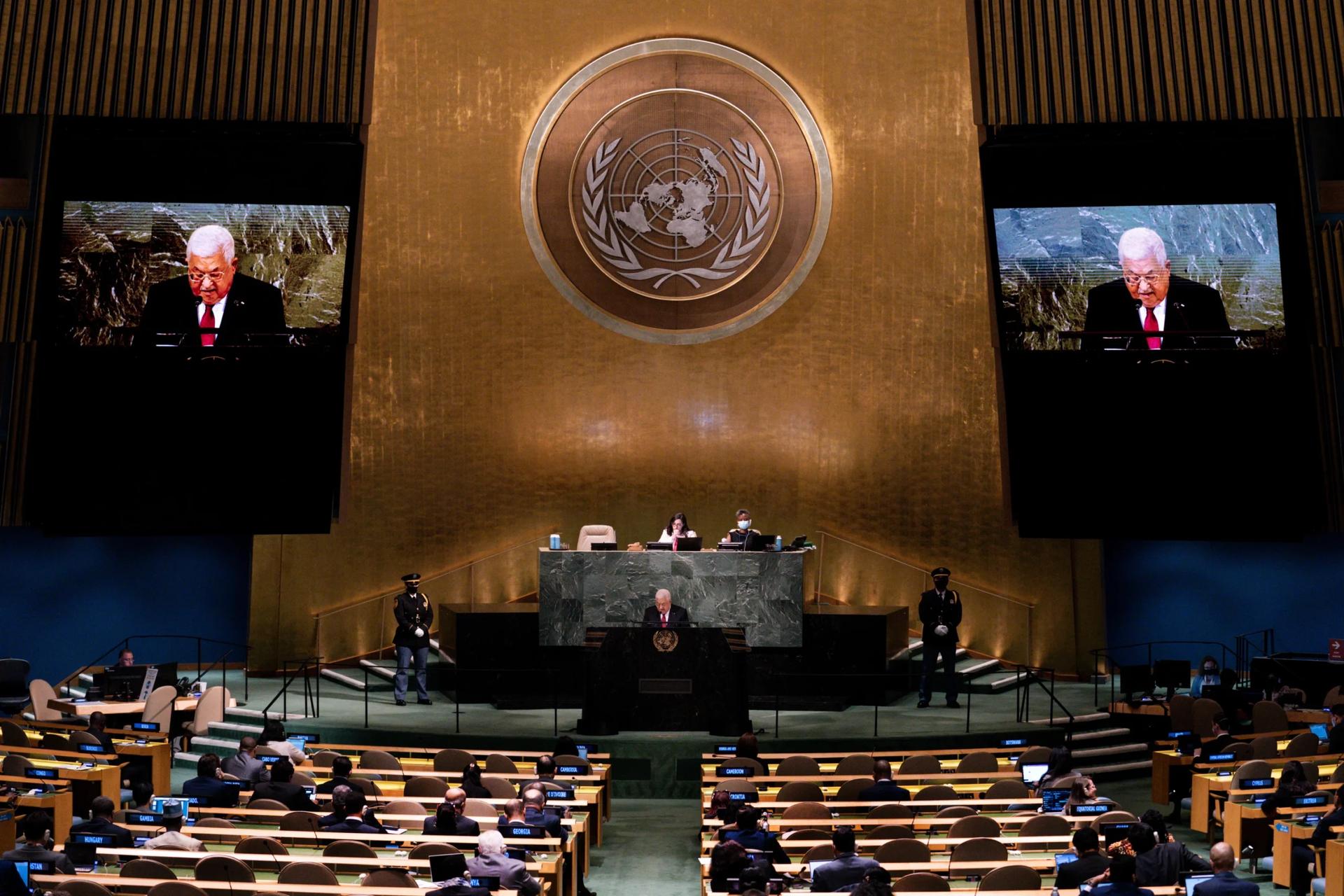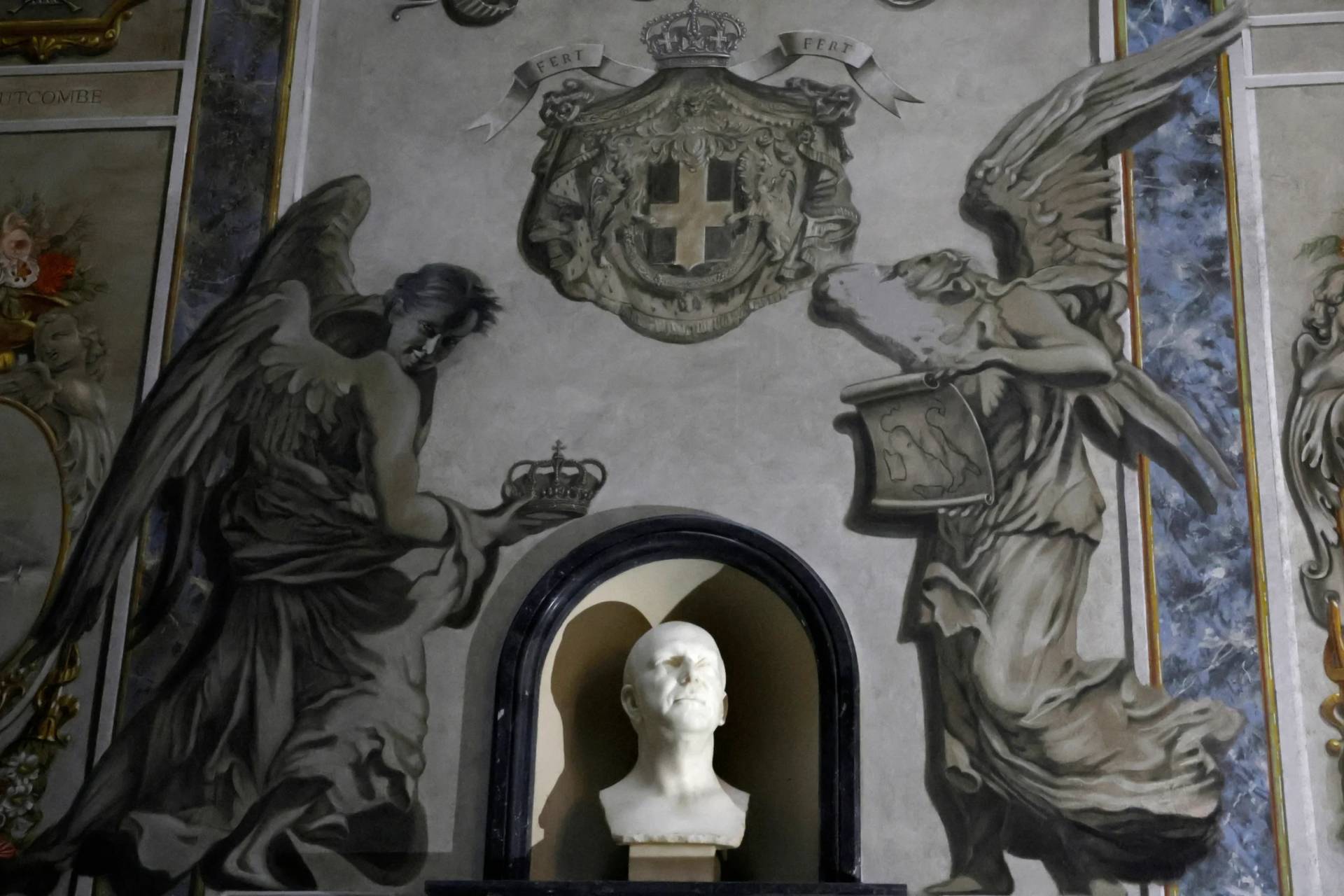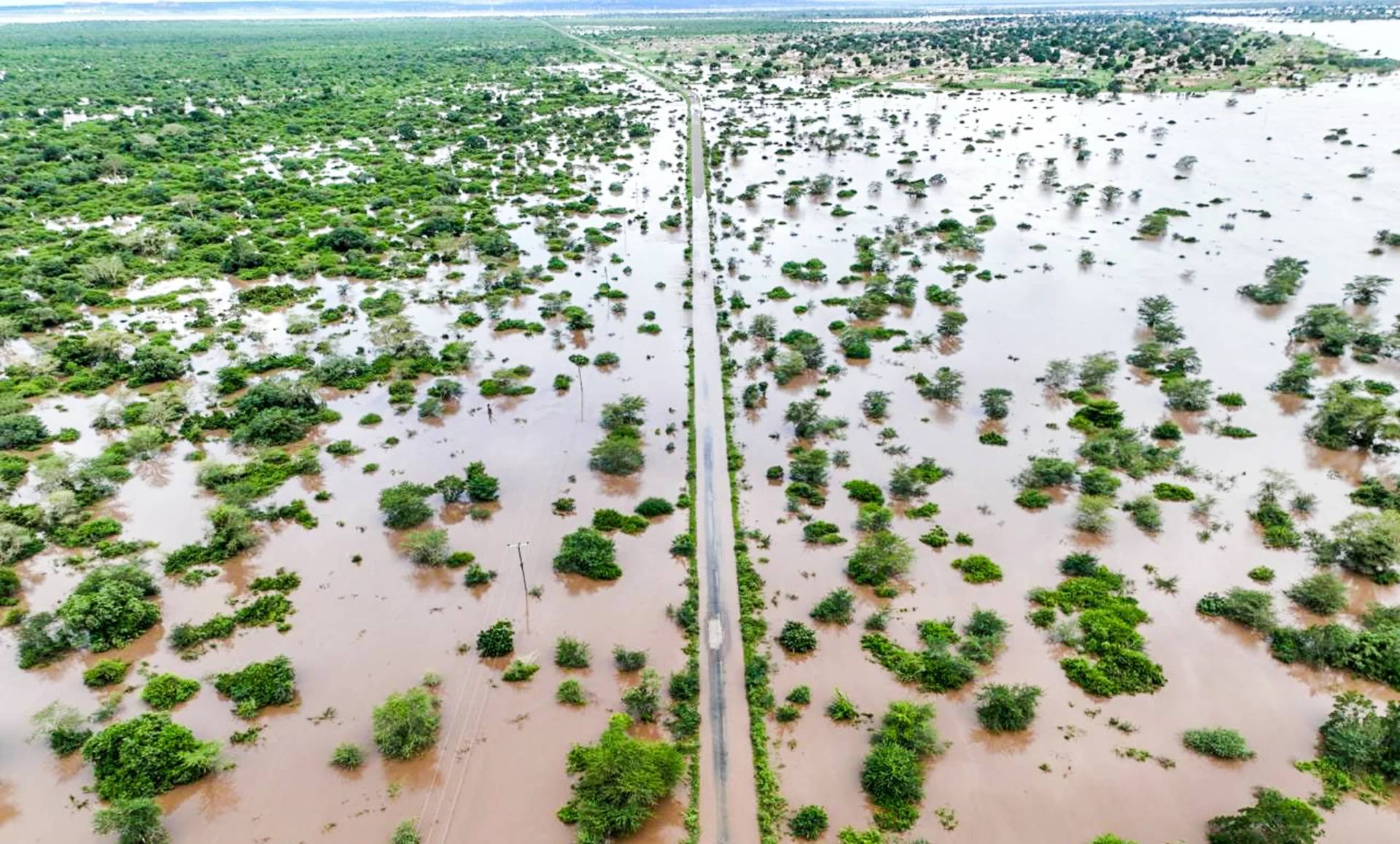A Two-State Solution, based on secure and internationally recognized borders, is the “only viable and equitable path toward a just and lasting peace” in the Holy Land, according to the Vatican.
Speaking at a conference on the Israel-Palestine issue taking place at the United Nations, the Permanent Observer of the Holy See, Archbishop Gabriele Caccia, said the Vatican reiterates its “unequivocal condemnation of the heinous terrorist attack” of October 7, 2023, by Hamas against the people in Israel, which lead to the deaths of over 1,200 Israelis, with more than 250 taken as hostages.
Israel immediately launched a retaliatory offensive in Gaza to oust Hamas from leadership, with the subsequent conflict resulting in the deaths of over 70,000 people in Gaza, according to Palestinian estimates.
RELATED: Israeli ambassador to Holy See says actions of Hamas reason for war in Gaza
A peace deal made earlier this year has broken down, and Israel has increased its attacks on Gaza, killing thousands of people, most of them civilians.
“The Holy See remains gravely concerned by the worsening humanitarian crisis in the Gaza Strip. The devastating impact on civilians, especially the number of children killed, has been compounded by the destruction of homes, hospitals, and places of worship, with the recent attack on the Holy Family Church further wounding an already distressed community,” Caccia said on July 30.
Three people were killed when an Israeli tank fired on Gaza’s only Catholic church on July 17, which Israel said was an error. The Latin Patriarch of Jerusalem, Cardinal Pierbattista Pizzaballa, visited the church the next day and said the attack was “inexcusable.”
At the UN, Caccia said the attack was “deeply concerning given that Christians in the region have long played a vital role as a moderating and stabilizing presence, promoting dialogue and peace.”
“The mass displacement of families, the breakdown of essential services, growing famine, and widespread deprivation shock the human conscience and require an immediate, coordinated response from the international community,” the archbishop said.
“Therefore, the Holy See urgently calls for an immediate ceasefire, the release of all Israeli hostages, the restitution of the bodies of the deceased, the protection of all Palestinian civilians in accordance with international humanitarian law, and unhindered access to humanitarian assistance,” he added.
Caccia then said the Holy See remains convinced that the Two-State Solution, based on secure and internationally recognized borders, is needed for a lasting peace.
“To support this vision, the Holy See has already taken meaningful steps. It formally recognized the State of Israel through the 1993 Fundamental Agreement and the State of Palestine through the 2015 Comprehensive Agreement. It continues to uphold the inalienable rights of the Palestinian people, including the right to self-determination. The Holy See supports their legitimate aspirations to live in freedom, security, and dignity within an independent and sovereign State,” he said.
The archbishop then turned to the situation in Jerusalem, which he called “a city of universal religious and cultural significance.”
“It is sacred to Christians, Jews and Muslims alike. Therefore, it requires a status that transcends political divisions and ensures the preservation of its unique identity,” he said.
“To this end, the Holy See reiterates its longstanding call for an internationally guaranteed special statute capable of ensuring the dignity and rights of all its inhabitants and the faithful of the three monotheistic religions, the equality before the law of their institutions and communities, safeguarding the City’s sacred character and exceptional religious and cultural heritage,” Caccia added.
RELATED: Catholic church in Gaza hit by Israeli forces, two killed, priest among the injured
The United Nations Partition Plan for Palestine of 1947 that divided Britain’s Palestinian territory and established the state of Israel also declared an extraterritorial “Special International Regime” for the city of Jerusalem. However, this never came to be after the resulting War of Independence, which divided Jerusalem between Israel and Jordan. Israel took possession of East Jerusalem after the Six-Day War in 1967.
The Holy See’s UN representative said an international agreement must ensure the protection of the Holy Places, guarantee the unhindered right to access them, and to worship in them.
“It must also preserve the ‘Status Quo,’ [the rules dating back to the Ottoman Empire period] where applicable. In Jerusalem no one should be subjected to harassment. Therefore, it is regrettable that Christians feel increasingly threatened in the Old City of Jerusalem,” Caccia said, referring to attacks on people by Jewish extremists.
Follow Charles Collins on X: @CharlesinRome















